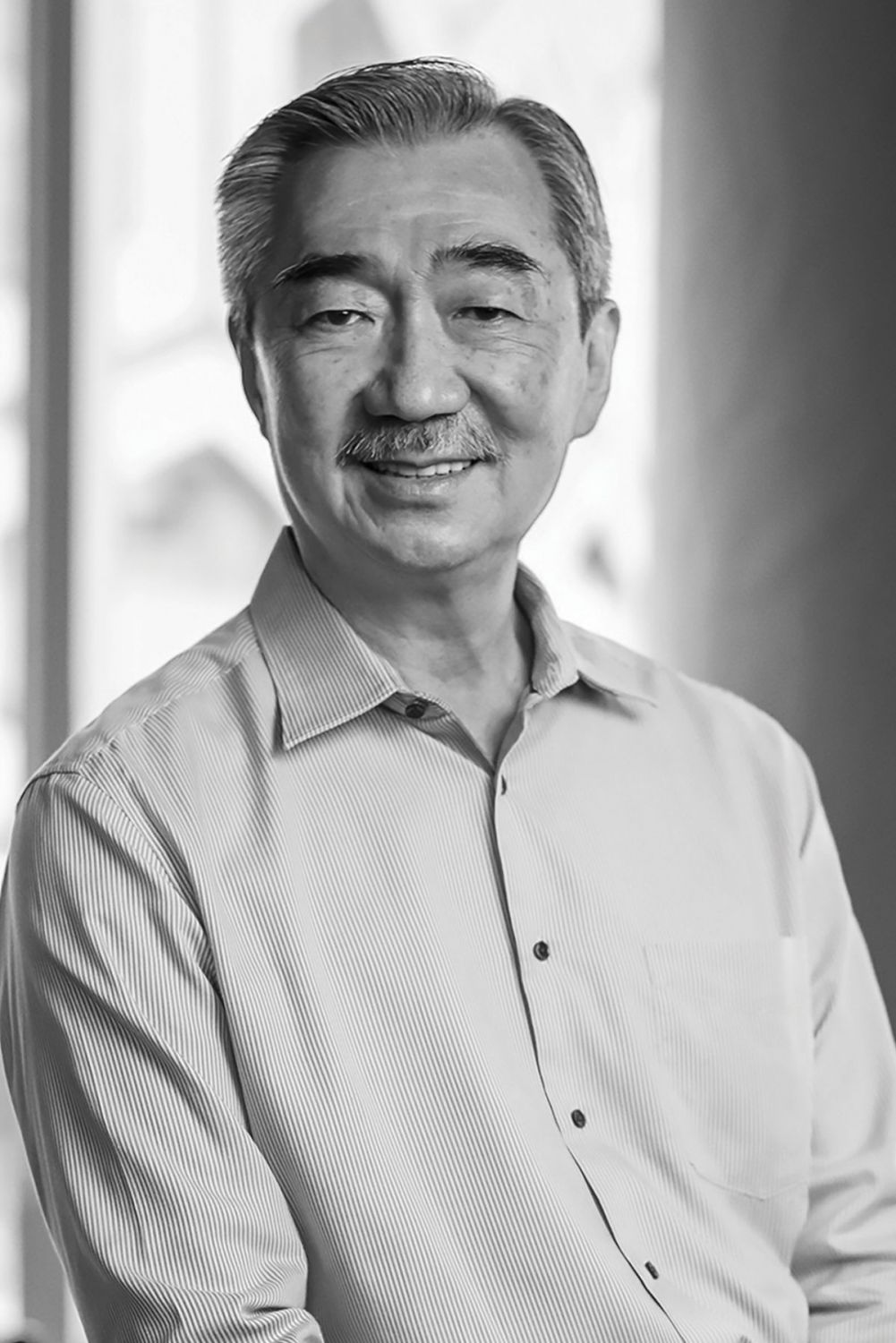Green solutions can have a large-scale and long-lasting impact on the future, especially when led by some of Asia’s Most Influential people
Sun-powered malls, carbon-neutral shampoo bottles, mindful fashion—five green heroes on Asia’s Most Influential list prove that businesses and industries can adopt and thrive with environmental practices in place. They demonstrate, as well, how everything is connected and how small actions, including the choice of what you wear or eat, can change the future of the planet.
Solar-Powered Malls (Hans Sy, Philippines)

Hans Sy, the fifth richest person in the Philippines, uses his influence to jumpstart renewable energy, particularly solar power. In 2014, the tycoon, whose SM Prime Holdings includes shopping malls, led the installation of over 5,000 solar panels on the rooftop of SM North EDSA. Today, his company has 11 solar-powered malls in the country and three in China. Last year, nearly two megatons of carbon dioxide emissions were reduced thanks to the renewable energy project. Sy’s SM plans to extend the program to over 50 shopping malls and has pledged to source 50 per cent of its energy usage from renewable power by the end of 2022.



